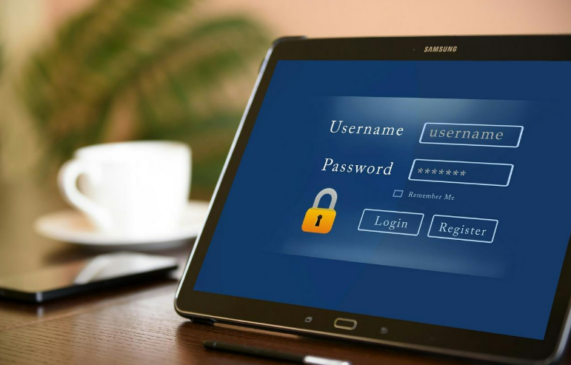
Healthcare systems are in high need of building a resilient defense against potential cyber threats. Healthcare systems can do several things, such as regular risk assessment and employee training, to ensure the safety of their past and present patients, staff, and sensitive data. For instance, regular risk assessments can help healthcare systems identify potential vulnerabilities existing within their current system and ensure that the right security measures are taken to address those ever-changing threats.
Unsurprisingly, human error often serves as the entry point for potential cyber threats, which is where the importance of regular employee training comes in.
Read on to learn more about the importance of cybersecurity in healthcare.
Integrate the Best Healthcare Security Solution
To ensure that your hospital has a solid defense against potential cyberattacks and threats, you can leverage one of the best healthcare security solutions to protect sensitive patient data. The integration of a comprehensive security solution can be the best practice a hospital can do for cybersecurity. Usually, healthcare security solutions are dedicated to hospitals and their cybersecurity. This dedicated security solution can help hospitals in the following ways:
Implementation of MFA
Here, MFA stands for multifactor authentication, which works perfectly as an additional layer of security. An MFA surpasses the use of passwords as it requires additional verification steps to access sensitive data and sensitive security systems within a healthcare organization.
Apart from multifactor authentication, a dedicated health care security solution ensures regular updates, including the EHR systems and medical devices. The integration of the latest security patches works great for protection against potential breaches and vulnerabilities.
Data Encryption and Access Controls
The integration of a healthcare security solution can help hospitals encrypt sensitive data. With the help of solid encryption methods, not only for the data in transit but also at rest, healthcare systems can protect their patient information from getting leaked out, especially in the case of unauthorized access and data breaches.
Healthcare security solutions integrate the principle of access controls, which means that access to certain areas and data is only granted to those who need them and who have the privilege or authority to have them. The solutions enable adjusting access permissions by reviewing them regularly.
Ensure Regular Healthcare Staff Training
Cybersecurity in healthcare has become more important than before, which is why it is essential to keep healthcare staff up to date on the latest training. That said, it is the hospital’s duty to provide continuous training to its staff so they can effectively recognize cyberattack attempts, such as phishing. Regular security training can also help healthcare staff avoid risky behaviours as they will be following cybersecurity protocols.
Healthcare staff training must include testing and reporting incident response plans so they know how to address potential breaches or insecurity through simulations and proven demonstration of readiness.
Understanding the Potential Consequences of Cyberattacks
Cyberattacks on healthcare industries cause ripple effects as every corner of the institution and its patience gets affected. When a hospital faces a cyberattack, the immediate threat isn’t often technological but human because a compromised system can misinform or even delay treatments and increase potential risks for patients. Data breaches often target sensitive patient information that is kept and maintained by health care institutions, which makes patients vulnerable to exploitation, such as identity theft.